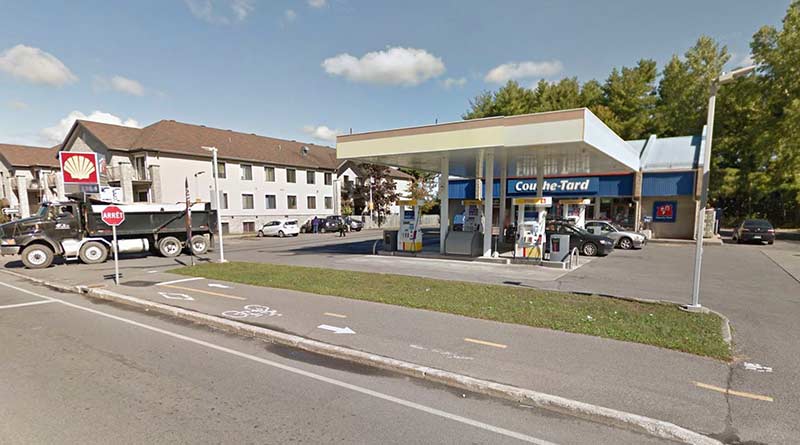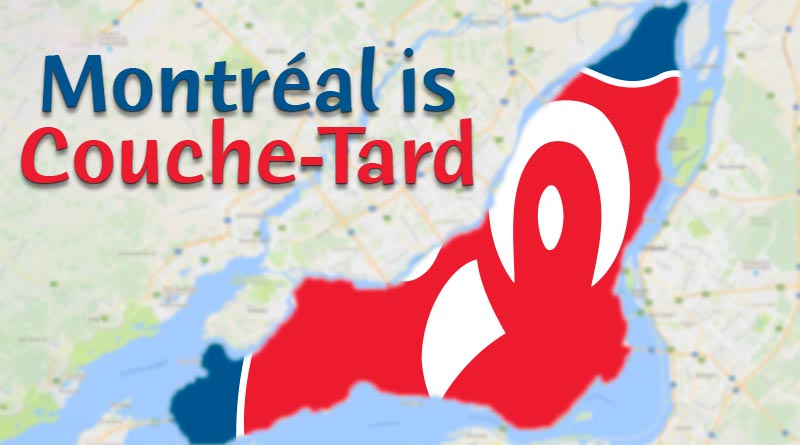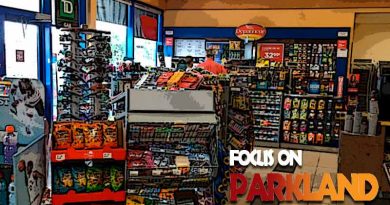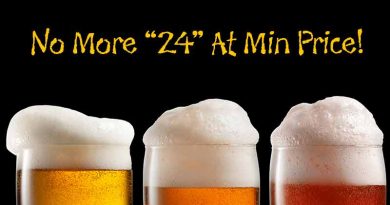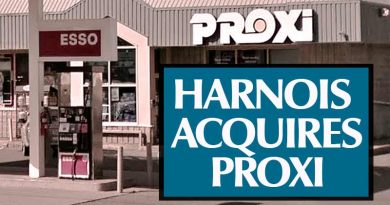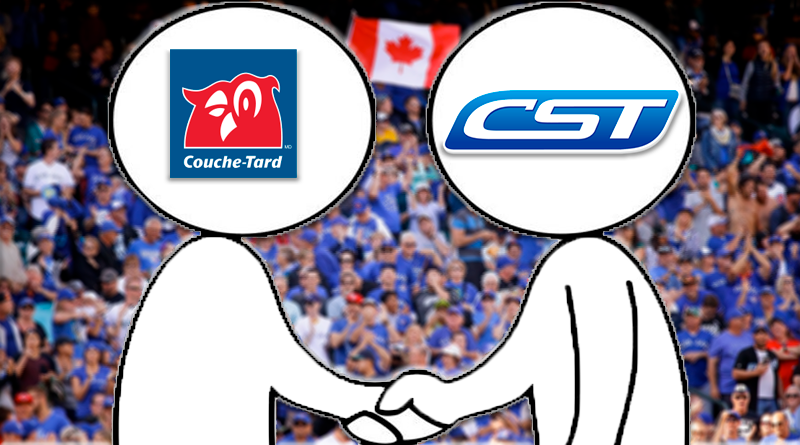In Just One Year, Couche-Tard Quadrupled Its Network of Gas Stations In Montreal
Unless distracted by the sheer number of road works and orange cones in Montreal at the moment, any motorist may have recently noticed an increased presence of red owls in Quebec’s main metropolis.
This is no illusion.
In just two acquisitions announced last year, in 2016, Couche-Tard has managed to multiply by four its network of gas stations on the Island of Montreal, from 20 to 84 stations!
In other words, while it had only been able to acquire 20 gas stations on the Island in its 36 years of history, Quebec-based Couche-Tard was able to acquire 64 stations in two short waves in just a year.
In fact, of the 222 c-stores with gas that are located on the Island, Couche-Tard now owns 84, or 37.8% of the total, far more than the 35% threshold that the Federal Competition Bureau considers as being the limit that can occupy in the market a dominant player.
However, if we take into account all gas stations by adding those with a garage (and not just those associated with a depanneur), Couche-Tard’s gas network decreases to 30.8% of the total (84 out of 276).
As to Couche-Tard gasoline market share in the Island, we lack figures on that but considering the very high quality of its network, it should well surpass its share of locations.
A phenomenal growth in two successive leaps
The explosion of Couche-Tard’s gas offering on the Island of Montréal was made in two successive but totally different acquisitions.
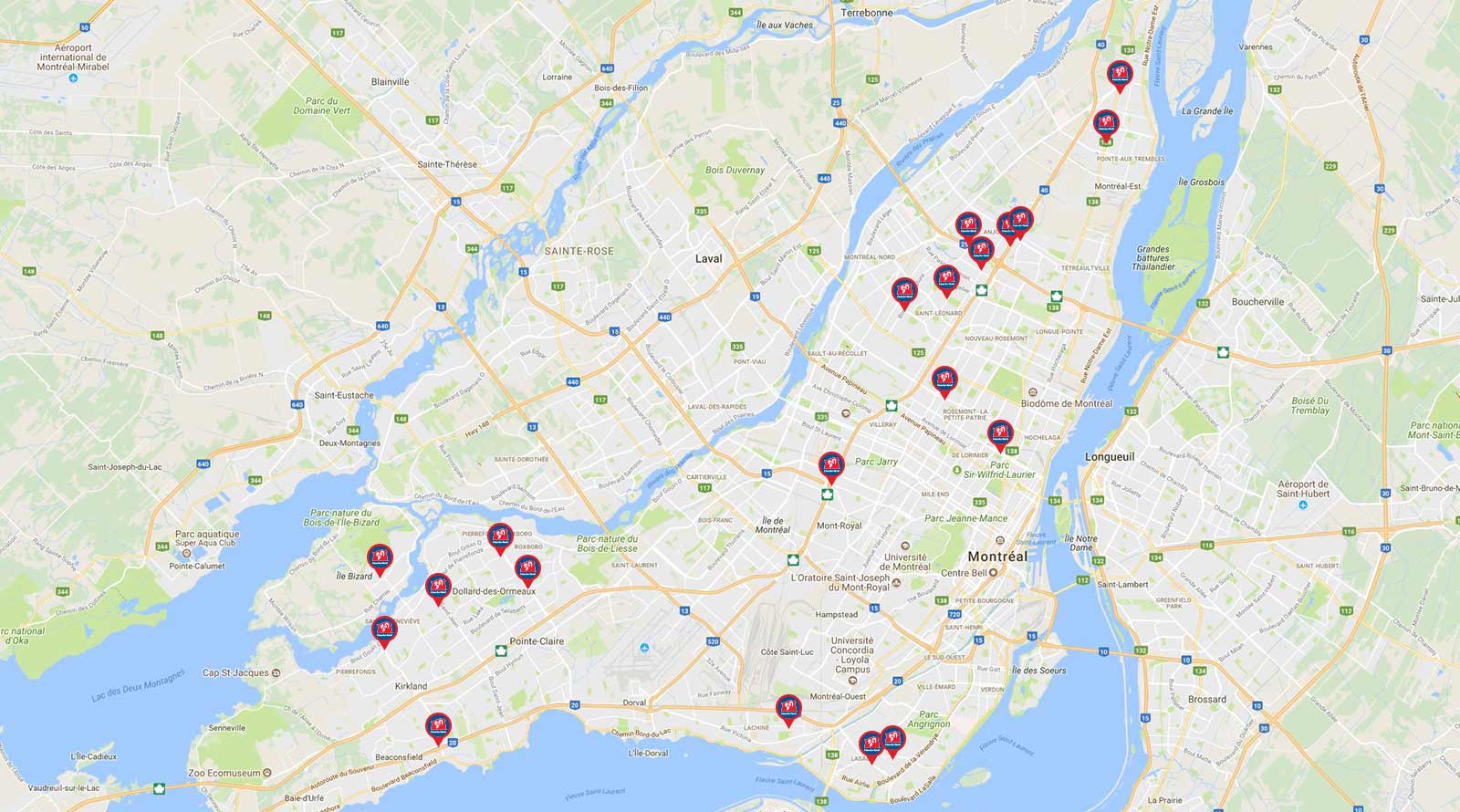
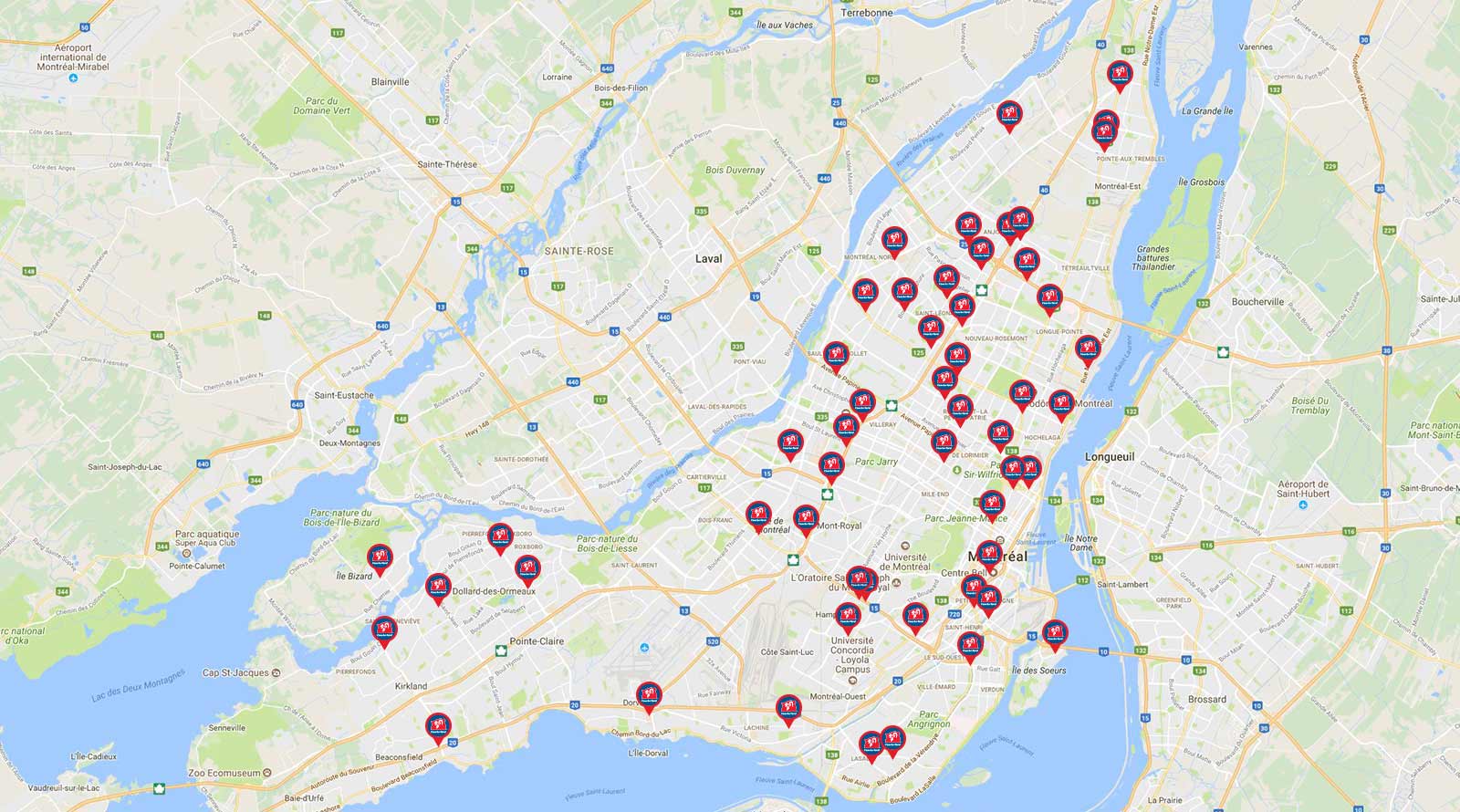
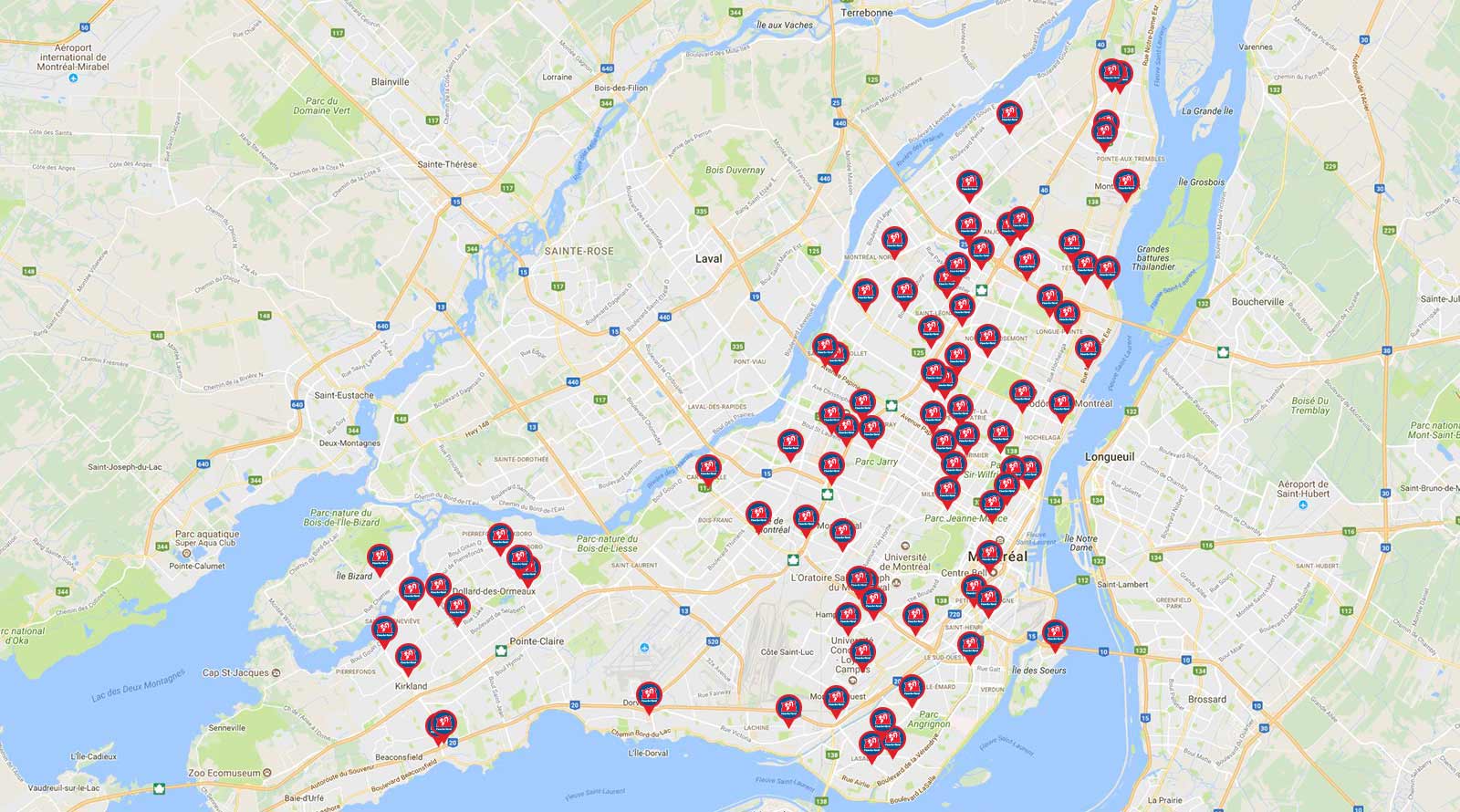
A selection made by the Competition Bureau
As for the process by which the 200 “Dépanneur du Coin” gas stations were shared between Couche-Tard and Parkland, an informed reader, Mr. Raphael Lebel, reminded us this week that Couche-Tard President, Alain Bouchard, had himself indicated that he wanted to keep as much as possible of the stations but had turned to the Competition Bureau to determine which ones they could keep.
“When we exceed 35% of market share in a sector, says Alain Bouchard, the Competition Bureau asks us to divest certain assets, and we accept it”. — Excerpt from the book Couche-Tard or the audacity to succeed, p. 321
At the time of the CST Brands acquisition, one of Couche-Tard’s lawyers had worked for the Competition Bureau and was therefore familiar with the rules in this area, according to Bouchard’s book.
Leaving the Bureau to separate the assets is further confirmed in a note to Parkland shareholders issued in December 2016:
The number of high-quality corporate stores that we will obtain will be determined in the wake of Couche-Tard’s review of the acquisition of CST, which is underway by the Federal Bureau of Competition. – Note to Parkland shareholders.
In a separate statement, the Competition Bureau reported on this transaction, its role and methodology, emphasizing that the most sensitive element is the gas supply.
As in those cases, the relevant product market was determined to be the retail sale of gasoline, as vehicle operating specifications constrain consumers in their ability to switch to other fuels. The relevant geographic markets considered were local, given transport and opportunity costs associated with purchasing gasoline at more distant stations. – Competition Bureau Statement, July 6, 21017.
In this chess game where each store is a pawn, Couche-Tard has sometimes had to divest existing stores in favor of coveted “Dépanneur du Coin” gas stations.
In the same Competition Bureau press release, we learn that Couche-Tard has agreed to sell one of its stores to Filgo-Sonic (its Piedmont’s store), something that DepQuébec has long noticed (see article here) and found strange since Couche-Tard is not used to selling its stores to others, but to acquire them from others.
In addition, Couche-Tard seems to had divested other assets as well. DepQuébec has identified at least one Couche-Tard store in the Laurentian region (North of Montreal) that has been transferred to Parkland.
